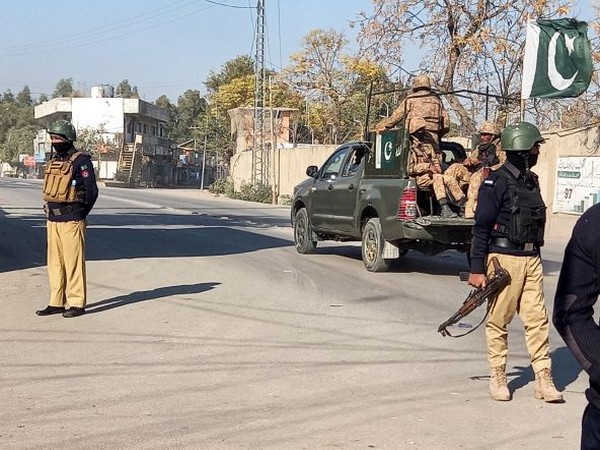Growing Disconnect Between Pakistani Civil Society and Military on Counterterrorism
An opinion piece by Tariq Parvez in Dawn highlights the disconnect between Pakistani civil society and the military on counterterrorism strategies. Parvez argues that socioeconomic issues, enforced disappearances, and military tactics have exacerbated tensions, potentially strengthening extremist groups. Local demands for reforms have largely gone unmet, worsening security concerns.

- Country:
- Pakistan
An opinion piece in Pakistan's Dawn newspaper by Tariq Parvez, a former police officer and the first coordinator of Pakistan's National Counter Terrorism Authority, highlights a serious disconnect between local civil society and the Pakistani military on counterterrorism strategies.
Parvez argues that the state's resort to brutal methods, such as enforced disappearances and military operations, exacerbates tensions. He contends that deteriorating socioeconomic conditions further widen this gap. On July 22, a 45-member jirga from Bannu presented 16 demands for maintaining peace in Khyber Pakhtunkhwa, in response to the government's announcement of a military operation in the region.
These demands, approved by the KP Apex Committee, have seen little progress, with only three fulfilled by August 4. The delay, according to Parvez, is exacerbating the security situation in Bannu and surrounding regions. The 16 demands target issues involving the police, military, Taliban activities, and socioeconomic reforms, including reopening trade routes and sharing local resources. Parvez warns that ignoring these demands will deepen the alienation between the state and its people, undermining counterterrorism efforts.
(With inputs from agencies.)










